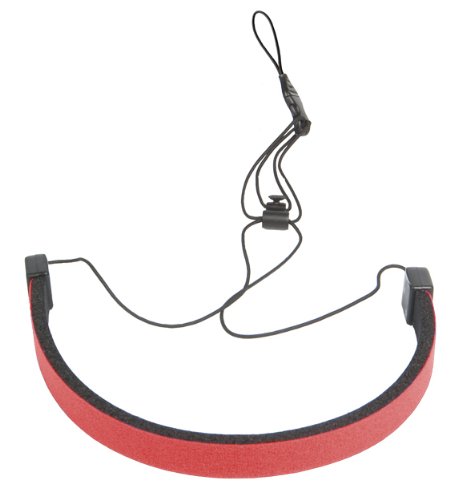Lamp Shades are an amazing interior design tool which and with a little thought can change the look of any room. It may be a simple matter of physically changing the shade or the more creative option of designing one your self.
Before we go to some design principles let's talk about the 3 main types of illumination.
First, there is Ambient light. This is the over all room light that you use to prevent you from pumping into things at night. It's a broad use light such as a overhead chandeliers or canned inset light. Most builders today will install a ceiling light in each room. With this type of lighting most of the shading consists of a glass cover over the bulb and attached plate.
The next lighting is what is known as task lighting. This is where lamp shade really come into functional and design value. These are your lamps that sit on end tables, night stands and hutches. Designed to provide directed light toward a specific area. These are the reading lamps and the lights you use when the overhead light is just too much.
Finally we come to the Accent Lighting.Few shades are used in this category of lighting because their purpose is to beam light onto a feature, a counter top, any point of interest you want to draw attention to. Most accent light is used for under the cabinet lighting, directed track lighting over fireplaces or attached to a picture frame, positioned to illuminate the beauty of the piece.
It's not that lamp shades are limited to task lighting, it's just that they are powerful mood enhancers that are easy to manipulate and create an illuminating design accent to any room.
With so many styles of lamp shades to choose from; solids, colors, fabrics, Tiffany, glass, antique, contemporary, just to name a few, how can you know what to choose?
Of course any lamp shade needs to fit in with the over all design scheme in your home but these simple lamp shade professional design tips may help to get you moving in the basic direction.
Avoid the basic white shade. These are really too generic and do nothing for the design of the room. Unless you are going for a "minimalist" type look. Try tying a colored shade in to pull out another color in the room.
Match the shape of the shade with the base of the lamp itself. If you have a rectangular shaped base, look for a similar shaped shade. If it's a round base find a round shade.
Base to Shade proportion is also important. If the shade dwarfs the base, it will draw awkward attention to itself, with the converse also being true.
The design rule to fit the shade to the lamp is to make sure the shade is no smaller than 1/3 of the lamps overall height with the bulb in place. Also the shade needs to cover the on/off switch or chain with the bottom of the shade sitting slightly above the top of the base.
![Star Trek: The Original Series - Seasons 1-3 [Blu-ray] Star Trek: The Original Series - Seasons 1-3 [Blu-ray]](https://images-na.ssl-images-amazon.com/images/G/01/associates/remote-buy-box/buy4._V192207739_.gif)
![Star Trek: The Original Series - Seasons 1-3 [Blu-ray] Star Trek: The Original Series - Seasons 1-3 [Blu-ray]](http://ecx.images-amazon.com/images/I/51MFX4bllSL.jpg)

![Dragon Tattoo Trilogy: Extended Edition [Blu-ray] Dragon Tattoo Trilogy: Extended Edition [Blu-ray]](http://ecx.images-amazon.com/images/I/51WUO0E%2BUHL.jpg)
![Dragon Tattoo Trilogy: Extended Edition [Blu-ray] Dragon Tattoo Trilogy: Extended Edition [Blu-ray]](https://images-na.ssl-images-amazon.com/images/G/01/associates/remote-buy-box/buy3._V192207739_.gif)









